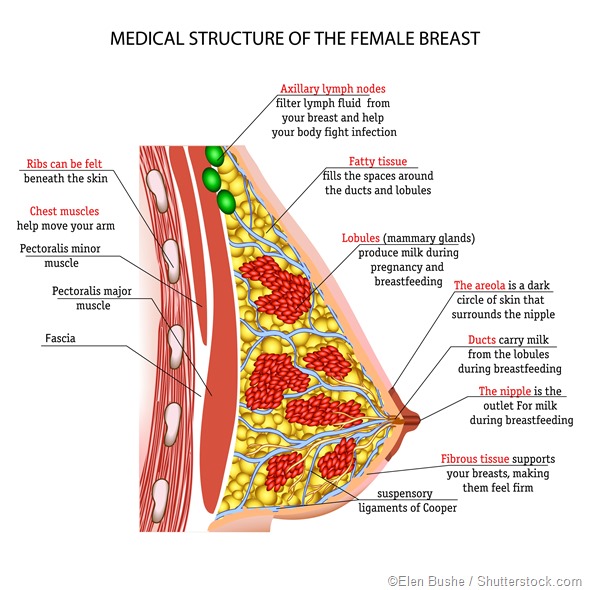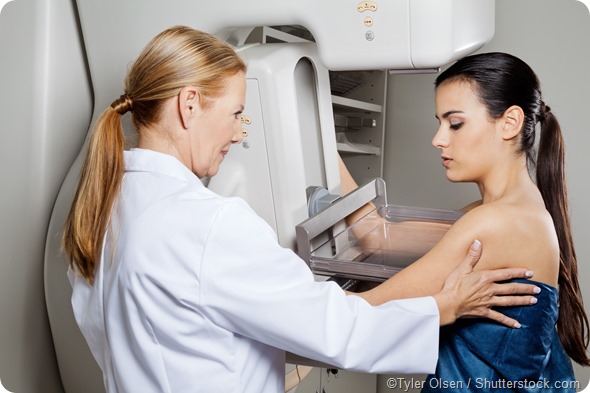Phyllodes tumors (PTs), which are rare and mostly benign in nature, are fibroepithelial tumors of the breasts. They account for less than 1% of all breast tumors and display a wide range of biological behaviors, ranging from benign to highly aggressive. Women between the ages of 40 to 60 years old are predominantly affected. However, cases in men, albeit rare, may also be seen, especially men affected by gynecomastia, an enlargement of the male breast due to hormonal imbalance.

Recurrence of phyllodes tumors
The average recurrence rates of phyllodes tumors are approximately 15%, but there is a range from 10% to 40%. The incidence of recurrence is believed to be directly proportional to inadequate initial excision of the tumors. It is not clear if malignant tumors have higher recurrence rates than their benign counterparts, but they do tend to recur earlier, without exception.
Multivariate analyses conclude that adequacy of surgical margins in case a lumpectomy is performed, is the only independent predictive factor for the local recurrence of a given phyllode tumor. Important to note is that most local recurrences are isolated events and are not associated with tumor spread to distant sites. The probability of recurrence makes follow up a necessity.
What should we expect during follow up?
After treatment, a patient needs to have regular checkups. Initial immediate assessments after surgical procedures include checking for signs of complications with respect to general health, such as infection and the formation of a seroma. A seroma is a fluid collection that occurs under the skin. It often develops at the site of a surgical incision or an area where tissues were removed.
In addition to general health assessment, physical examination of the breast is imperative to search for palpable lumps. Patients are educated on how to conduct proper self examinations.
For the first two years a patient should also be seen by her healthcare provider at 6-month intervals to detect any abnormality. This frequency should be observed within the first two years. This is important, because there is compelling evidence that the chances of phyllodes tumors recurring are the strongest within the first two years of removal. After this period, yearly checkups should be continued. Annual mammograms are recommended to be continued for at least 5 years.

Patients who present with abnormalities are further referred for tests such as ultrasound, MRI and/or biopsies. CT scans of the chest and abdomen may also be required in patients who had malignant phyllodes tumors removed, or who are at risk for distant recurrences.
In case of recurrence, further surgery may be performed, involving a wider area of excision or a mastectomy (that is, removal of the entire breast). Radiotherapy and/or chemotherapy are recommended for patients with evidence of metastasis, or are not suitable for surgery.
Research trials
As phyllodes tumors are rare, intense research is going on in order to understand their pathogenesis, recurrence and modes of treatment. Therefore, it is not unusual that women affected by the condition may be invited to clinical trials.
These trials are conducted under strict approval measures from various entities, including institutional ethical committees. Women are not obliged to partake in these trials and may, at any point, withdraw from them, even if they initially decided to sign up or were already taking part in them.
References
- http://www.ncbi.nlm.nih.gov/pmc/articles/PMC3615633/
- https://www.nhs.uk/
- http://www.breastcancer.org/symptoms/types/phyllodes/follow_up
Further Reading
Last Updated: Dec 29, 2022